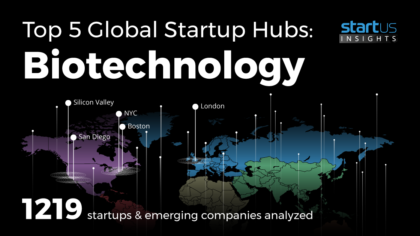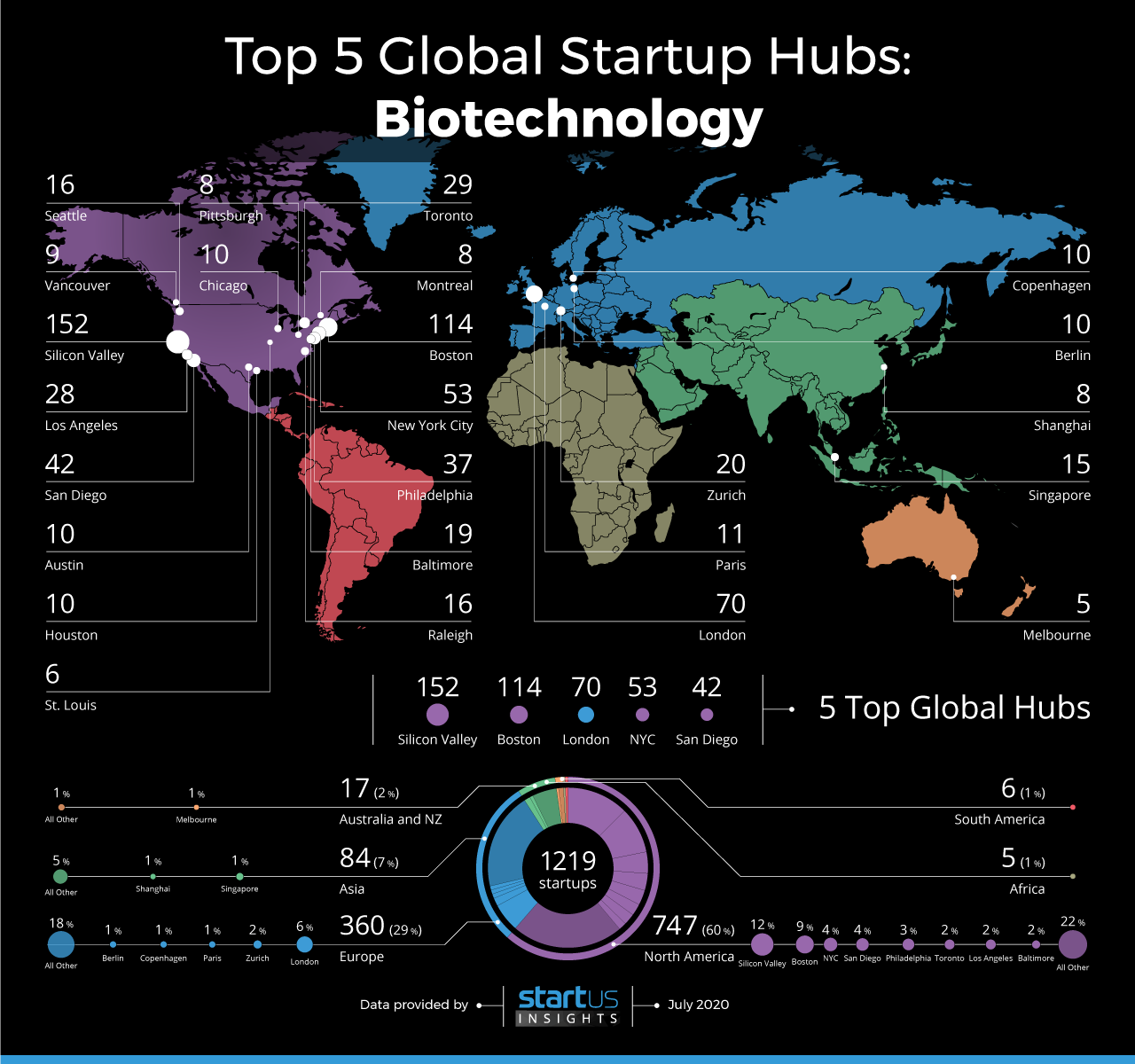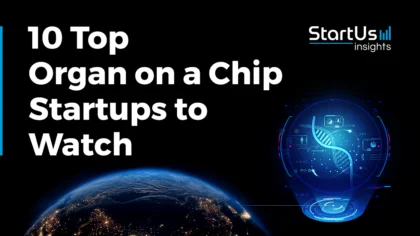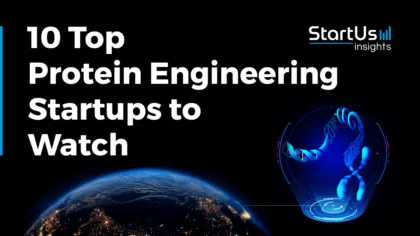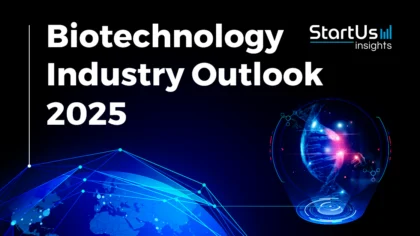Accelerate Productivity in 2025
Reignite Growth Despite the Global Slowdown
Biotechnology involves the use of biological systems and organisms to produce a variety of products. While pharmaceutical products continue to be a major bulk of biotech-based products, the industry now offers a large range of diverse solutions. These include specialty chemicals, sustainable materials, biofuels, food ingredients, etc. Medical products include novel and repurposed drugs, therapies, diagnostic kits, etc. Historically, startup activity had been low in the industry because of the massive upfront investment required for a biotech venture. However, that is changing, majorly due to the rapidly decreasing costs of deoxyribonucleic acid (DNA) sequencing and synthesis. Other factors contributing to the growth of lean biotechnology startups include automation and new infrastructure. The industry now also increasingly makes use of technologies from computer sciences, such as artificial intelligence (AI) and data analytics, to advance its product pipelines.
Top 5 Global Startup Hubs: Biotechnology
Using our StartUs Insights Platform, we analyzed the geographic distribution of global activity in the biotech industry. We identified 40 regional hubs* that observe high activity in developing technology-driven solutions across the industry like novel drugs, biopolymers, and sustainable chemicals to name a few.
Within the hubs, we analyzed a sample of 1219 startups* employing technology-driven solutions to innovate in the industry. Silicon Valley, Boston, London, New York City, and San Diego are home to 431 startups and account for 35% of global activity in biotech. Let us have a look at some of the innovative solutions from these 5 top hubs.
Based on our analysis of a sample of 1.219 emerging solutions, North America alone accounts for 60% of global activity in the biotech sector. Several large biotech hubs in the US are home to pharmaceutical giants and startups, reflecting the nature of the bulk of biotech products.
European biotech hubs in London, Zurich, Paris, Copenhagen, etc. account for nearly 30% of global activity. These hubs are close to and have strong ties with world-class research campuses. Emerging Asian hubs in Singapore and Shanghai lead the region’s activity in the sector.
1. Silicon Valley: 152 Startups
The biotech industry has grown multifold in the last few years in Silicon Valley, driven largely by the increasing interest around synthetic biology. As synthetic biology brings lean startups to the biotech industry, specialist incubators and venture firms promote the growth of the biotech industry. A small area in South San Francisco is home to the largest biotech cluster in the world with startups developing solutions in cellular agriculture, novel therapies, and diagnostics.
Mammoth Biosciences is a Silicon Valley-based startup that develops clustered regularly interspaced short palindromic repeats (CRISPR) based solutions. It uses exclusive metagenomic databases and machine learning (ML) algorithms to search for new CRISPR systems. The novel CRISPR solutions allow them to edit genomes that aren’t amenable to existing gene-editing technologies. The startup develops DETECTRTM, a proprietary testing system that uses CRISPR nucleases to find nucleic acids for diagnostics solutions.
2. Boston: 114 Startups
The biotech ecosystem in Boston is primarily focused on pharma research and development (R&D), thanks to the city’s position as a leader in pharmaceuticals and medicine industries. Major drug makers have moved to the city and initiatives such as the Massachusetts Life Sciences Center provide ideal conditions for biotech startups. The region also houses over a hundred colleges and universities that produce premier life sciences talent to cater to the biotech industry.
Boston-based startup Motif FoodWorks uses biotechnology to develop animal-free alternatives to food ingredients. It combines sensory and genetic analysis of ingredients with fermentation to produce the target ingredients using microbes. Motif’s solutions include alternatives to meat proteins and dairy actives.
3. London: 70 Startups
The United Kingdom recognizes the life sciences industry as a major part of its industrial strategy and seeks to support collaboration across industry, academia, and the National Health Service (NHS). Since biotech is a research-intensive industry, proximity to numerous life sciences research institutes provides a significant advantage to London. Oxford and Cambridge Universities contribute both spin-out startups and life science graduates to the area’s biotech industry.
U-Earth Biotech is a London-based startup that offers bioreactors for air purification. The startup’s bioreactors work with different blends of biotech additives to remove contaminants of any size of all sizes and types. These include allergens, bacteria, odors, viruses, germs, and chemical fumes. Bio-oxidation then digests the contaminants into water and minuscule amounts of carbon dioxide, without any dangerous byproducts. The solution finds applications in industry, commercial spaces, healthcare, smart cities, etc.
4. New York City: 53 Startups
Since biotechnology startups require considerable lab space, real estate is at a premium for the industry. As Silicon Valley and Boston run out of space, New York City plans to catch up with plans like LifeSci NYC, a $500 million project by New York Economic Development Corp (NYCEDC) to support commercialization of biotech startups. Other than medicine, biotech companies in the region service the food and materials sectors.
Based out of NYC, Curie Co is an enzyme engineering startup that develops sustainable replacements for banned chemicals. Its proprietary OceanSafeTM technology uses recycled marine biomaterials to produce safe and sustainable ingredients. These materials replace the function of banned or soon-to-be-banned chemicals in retail products such as shampoos, ointments, exfoliants, cosmetics, etc.
5. San Diego: 42 Startups
All over California, the biotech industry provides over a million jobs. A large number of them are now increasingly moving to San Diego. The industry is one of the major economic drivers in the city. The focus areas of the industry in the region include biopharmaceutical manufacturing, medical devices, and diagnostics solutions.
January Therapeutics is a US-based startup that works on anti-cancer therapies. It develops the Chemistry-Enabled Albumin Nanoparticle (CAN) platform that enhances a product’s therapeutic index. The technology reduces off-target toxicity, bypasses cancer resistance mechanisms, and increases tumor uptake. The startup’s pipeline includes drugs against ovarian, pancreatic, and hematologic cancers in discovery and preclinical stages of development.
What’s Next?
Advances in gene editing and synthesis technologies will drive the growth of startups in the field. As the industry adopts standardization and automation, greater reproducibility of experiments is bound to accelerate the development of biotech-based products. As nations invest more in life sciences research and biotech ventures, the industry is set to impact the manufacturing of a variety of materials, including food, chemicals, materials, etc.
*We define a hub as the regional geographic center of activity for this topic. It covers the center point with a radius of 100km. We define startups as those founded after 2015.
